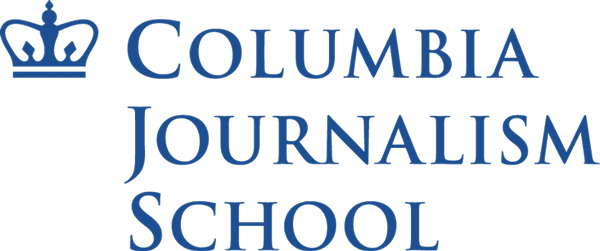On a late October afternoon, a Bronx non-profit that advocates and supports neurodiverse New Yorkers was a flurry with cleaning.
Participants at the Dorothy & Michael Styler Day Services Center of AHRC NYC hurried about, tidying the room — some holding mops, others brooms, toilet plungers, feather dusters and vacuum cleaners. This was part of AHRC NYC’s new career-specific vocational training program, which enrolls and trains people with developmental disabilities for a career in the janitorial industry.
“I’m learning to use the dust mop, and to use the buffer too! I’m learning to mop perfectly this time,” said Lloyd Mclean, 30, one of the program’s participants. Prior to enrolling in the course, Mclean worked at Home Depot, assisting with customer service. After being laid off, he joined the course to pick up janitorial skills, and has been actively applying for custodian roles at supermarkets such as Stop & Shop and Target, where he hopes to work after graduation.
On September 22, Gov. Kathy Hochul announced that more than $13 million in grants were awarded by the New York State Office for People with Developmental Disabilities (OPWDD) to seven non-profit providers to fund vocational training for New Yorkers with developmental disabilities, including AHRC NYC. These training sessions would help train people like Mclean to broaden their skill sets and allow them to seek jobs across a range of industries such as food and beverage, hospitality and retail.
These grants come at a time when the number of individuals with cognitive disabilities — of which many are also developmental disabilities — who are out of the workforce is increasing nationwide. An additional 80,000 Americans were classified as out of the workforce in 2022 as compared to 2021, according to the American Community Survey, an annual demographic survey conducted by the U.S. Census Bureau. In New York, the employment rate of people with disabilities has also steadily decreased since the pandemic, and at 26.1%, is at its lowest since 2019, according to the U.S. Department of Labor.
The additional funding has allowed NGOs, such as AHRC New York City, a non-profit which advocates and supports neurodiverse New Yorkers, to expand the reach of their existing programs, and to create new ones. AHRC is using their grant money to start a new janitorial and custodial training program, which will take place in all five New York City boroughs. It is open to people with developmental disabilities of all ages. The program will help to equip 200 New Yorkers with janitorial skills over a period of three years, with the classes having already started in Brooklyn and The Bronx.
Students will undergo six weeks of classes — four in the classroom, and two for hands-on practice — where they will learn the basics of cleaning. They will also learn to operate commercial janitorial equipment such as the buffer, which is used to burnish and polish hard floors. Then they will undergo an assessment, which if they pass, would allow them to graduate from the program with the title of basic certified custodian.
Before these new grants, AHRC’s janitorial and custodial training programs were only open to individuals under the age of 25, due to being funded by Adult Career and Continuing Education Services-Vocational Rehabilitation (ACCES-VR), a program by the New York State Education Department, which placed a cap on the age of participants.
“The number of people (with developmental disabilities) who want to go to work always exceeds the amount of resources to support them,” said Steve Towler, the assistant executive director of AHRC.
About the author(s)
Angelica Ang is a Master's student at the Columbia Journalism School, where she currently reports on stories based in New York City.



